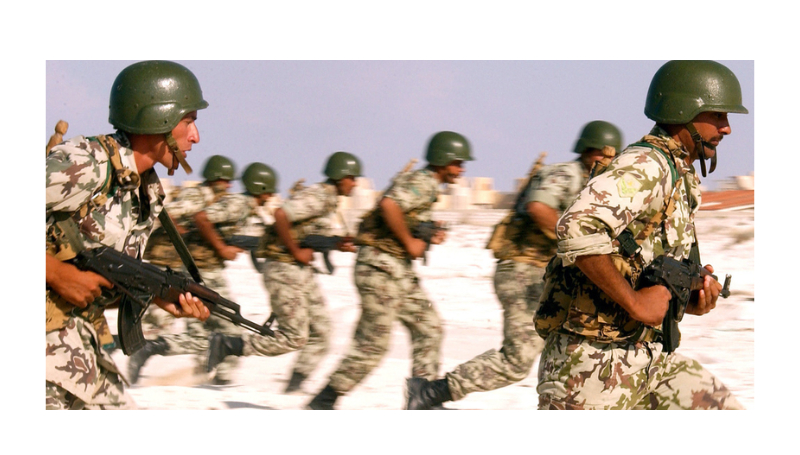Amira Oron
INSS, Insight No. 1968, Mar. 26, 2025
” The renewed approval granted by Israel was based on the assertion that these deviations were temporary and reversible.”
Recently, questions have been raised in Israel—in the media, on social networks, and among researchers and experts—regarding the expanded Egyptian military presence in the Sinai Peninsula and near the international border with Israel, in addition to the significant buildup of the Egyptian army during the years of President el-Sisi’s rule. These discussions point to a connection between the two issues, suggesting that Egypt is heading toward a pre-emptive war against Israel. From this perspective, the activity is seen as preparation for a rapid manoeuvre and possibly a surprise attack. The Egyptians are not indifferent to these discussions, which have sparked critical discourse toward Israel and have increased tensions in bilateral relations during this sensitive period.
Alongside the discussion of the Egyptian military buildup and the potential challenge it may pose to Israel, it is necessary to examine it—particularly the reinforcement of forces in the Sinai Peninsula—against the backdrop of President Abdel Fattah el-Sisi’s overall perception of Egypt’s national interests, Egypt’s security doctrine, the central role of the military in advancing strategic objectives, and the place of Sinai within this complex and challenging context.
Egyptian Threat Perception and the Motives Behind the Military Buildup
President Abdel Fattah el-Sisi was elected in 2014 following a series of historic and dramatic events that took place in Egypt starting on January 25, 2011, when masses took to the streets to protest against President Hosni Mubarak, ultimately leading to his removal from power. These events became etched as an ethos into the collective memory, an important aspect of which is Egypt’s struggle over its identity in the face of internal forces—primarily the Muslim Brotherhood. Moreover, el-Sisi is perceived, even during his time as Minister of Defense, as having saved Egypt from collapse and ruin. The president often reminds the public of this, especially during memorial days and national events. During the rule of the Supreme Military Council following Mubarak’s fall—and even more so after el-Sisi came to power in 2014—it was military force that maintained law and order in the country and along its borders, preventing Egypt from undergoing the kind of disintegration seen in other Arab states. Additionally, the military’s policy was to avoid harming civilians, except those identified as attackers affiliated with the Muslim Brotherhood. In practice, the army assumed the role of the police—maintaining law and order—after the police had been overwhelmed by the angry masses and later underwent reconstruction and rehabilitation. Thus, the Egyptian military regained public legitimacy as the protector of the nation, and public esteem for it was preserved. President el-Sisi and senior military officials believe that part of the vision for the new republic is that the military must also be rebuilt and its capabilities enhanced to meet the demands of national defense….SOURCE


